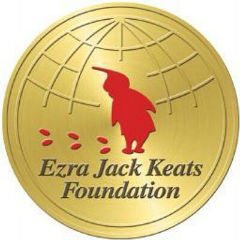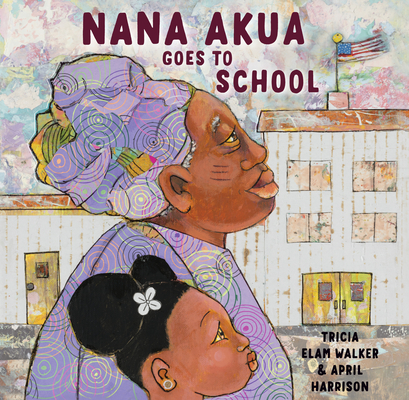Ezra Jack Keats Award Winning and Honored Books

The Ezra Jack Keats Award was established in 1985 and the New Illustrator Award in 2001 to recognize and encourage emerging talent in the field of children’s books. Many past winners have gone on to distinguished careers, creating books beloved by parents, children, librarians and teachers around the world. The EJK Award is given annually to an outstanding new writer and new illustrator by the Ezra Jack Keats Foundation. A distinguished selection committee of early childhood education specialists, librarians, illustrators and experts in children’s literature reviews the entries, seeking books that portray the universal qualities of childhood, a strong and supportive family, and the multicultural nature of our world. To be eligible, writers and illustrators must have had no more than three books previously published. The award includes a prize of $3,000 for each winner. Learn more about this award at Ezra Jack Keats Foundation.
Below are the Ezra Jack Keats Award Winning, or Honored, Books Featuring Black Main Characters
One Book Recieved The Ezra Jack Keats Award or Honor in 2021
Writer Award Winner – Winner
Nana Akua Goes to School
by Tricia Elam Walker, Illustrated by April Harrison
- 1 Time AALBC.com Bestselling Book!
- Ezra Jack Keats Award Winning, or Honored, Book 0
- 2021 Children’s Africana Book Award Winner or Honoree
Schwartz & Wade (Jun 16, 2020)
Fiction, Hardcover, 40 pages
Target Age Group: Picture Book
More Info
In this moving story that celebrates cultural diversity, a shy girl brings her West African grandmother—whose face bears traditional tribal markings—to meet her classmates. It is Grandparents Day at Zura’s elementary school, and the students are excited to introduce their grandparents and share what makes them special. Aleja’s grandfather is a fisherman. Bisou’s grandmother is a dentist. But Zura’s Nana, who is her favorite person in the world, looks a little different from other grandmas. Nana Akua was raised in Ghana, and, following an old West African tradition, has tribal markings on her face. Worried that her classmates will be scared of Nana—or worse, make fun of her—Zura is hesitant to bring her to school. Nana Akua knows what to do, though. With a quilt of traditional African symbols and a bit of face paint, Nana Akua is able to explain what makes her special, and to make all of Zura’s classmates feel special, too.

